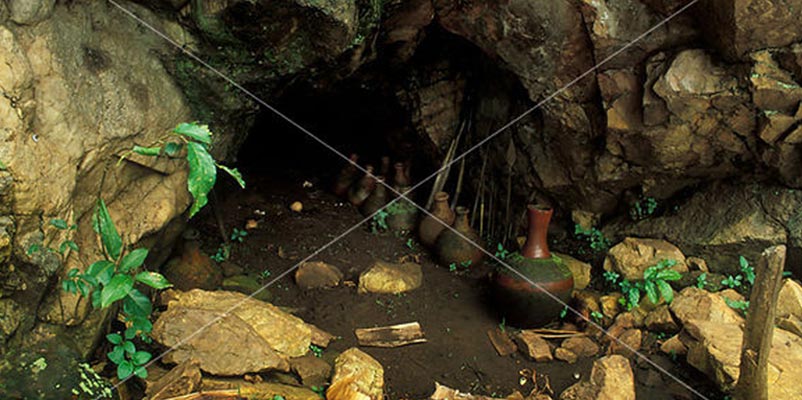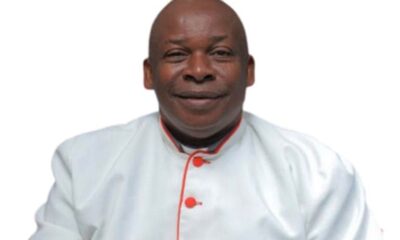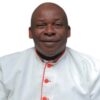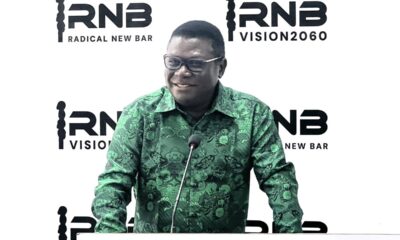Columnists
A thin line between witchcraft and African politics
The Otherside of the Coin
On 8th October 2015, President Museveni confessed having practiced witchcraft during the liberation struggle. He revealed that he at one point was compelled to practice witchcraft to save the 1980s liberation struggle that brought his government to power.
He employed the excuse that as a leader, he needed to strike a balance and unify his army which was sharply torn between religion and tradition. This is characteristic of most African leaders.
Witchcraft has its roots deep in African history and culture, long before the dawn of colonization. With the coming of Colonialism, however, Africa was impacted on political, social, and economic levels, which are linked to the occult, and have led to a culture in which women are further to blame and are oppressed.
According to the UN report at least 75 albinos, who lack pigment in their skin, hair and eyes, including children, have been killed in Tanzania since 2000. Albinos are urgently needed for witch craft practices. Witch doctors will pay as much as $75,000 for a full set of albino body parts, according to a Red Cross report.
The United Nations warned in March that 2015 could be a dangerous year for albinos in Tanzania as politicians turn to witch doctors to widen their chances of winning the polls.
This East African country imposed a ban on witchcraft earlier this year to try to stop a trade in albino body parts used in spells and charms claiming to bring luck and wealth as the United Nations warned of a marked increase in attacks. A government minister officially admitted that politicians are seriously engaged in witchcraft and they are the main key players in albino trade and killings.
Witchcraft in South Africa has not withered out, despite what one may think in these modern times. Neither time nor higher standards of education have been able to avoid it spreading and operating at all levels of tribal social life.
The last decades of 1900s have seen various politicians involved in matters of witchcraft accusations. During one of the recent pre-election rallies in South African, President Jacob Zuma revealed that he used to practice witchcraft against white people. The President used to bewitch the Boers during apartheid.
If you are to think of African leaders that embraced witchcraft, Uganda’s Idi Amin, Liberia’s Samuel Doe, Equatorial Guinea’s Marcia Francois Nguema, and the Central African Republic’s Jean-Bedel Bokassa come to mind. They were so stalled in the absurd juju-marabou practices that not only did they darkened their countries but also shattered them. African politician should do away with the absurd witchcraft if the continent is to progress with clear-headedness.
The prevalence of witchcraft, especially in African politics and entrepreneurship, demonstrates the unlikely balance it has achieved with the forces of modernity. Actually modern techniques and commodities, usually of Western Provenance, have become central in rumors of the occult. It is true that contemporary ideas and practices of witchcraft are more of a response to modern exigencies than a lingering cultural custom.
Public practices for the suppression of witchcraft are periodically performed throughout sub-Saharan Africa. Anthropologists have generally sought to interpret such practices rather than to explain them.
This interpretation rests on assumptions about what such practices might mean for social actors rather than the actual social processes which make their public performance possible. Actually anti- witchcraft movements end up being misunderstood; they are looked at as foreign agents here to undermine and dislodge the African culture.
One of the biggest challenges in uprooting witch craft is that it has become a lucrative business earning people a lot of money. Traditional medicine men used to live in sacred places, evil forests, bushes and hideous places. Today things are different and they are richer than you think.
They live in mansions, travel overseas for vacations, and even have a say in the political affairs of their countries. When you see someone driving the newest luxury car in town and owning big companies and magnificent properties chances are high that he is a witch doctor.
Comments















